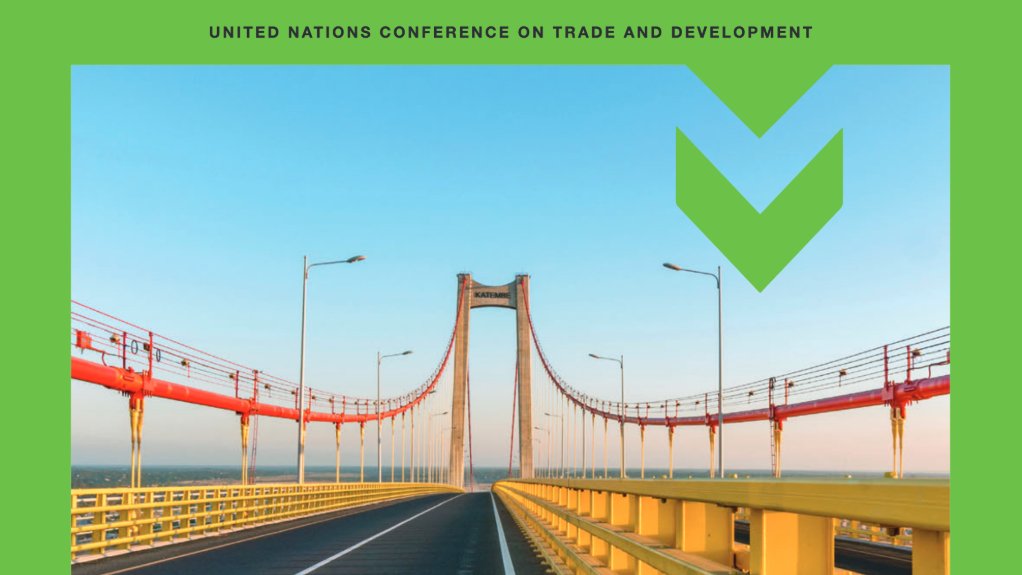- Leveraging the potential of sovereign investors for infrastructure investment in Africa6.79 MB
The infrastructure needs of African countries are large, requiring investments that exceed the capacity of government budgets and their financing plans. Finding alternative sources of investment is key to developing the continent’s infrastructure, while diversifying the risks of large investments and benefiting from external financial expertise. Sovereign institutional investors, such as Sovereign Wealth Funds (SWFs) and Public Pension Funds (PPFs), from both Africa and further afield can help bridge the financing gaps in infrastructure investment. Their large sources of capital and long-term investment perspective make these funds ideal investors and co-investors in infrastructure development.
Historically, sovereign institutional investors have invested in infrastructure and energy-related stocks, corporate bonds, and unlisted assets. Some sovereign investors, such as Abu Dhabi’s Investment Authority (ADIA) and Singapore’s Temasek, have built multi-billion-dollar portfolios comprising utilities, airports, toll-roads, and power generation around the world. Since 2016, over a third of all the capital deployed by sovereign investors was invested in the infrastructure and energy sectors. Sovereign funds are allocating an increasing share of their portfolios to liquid, long-term investments4 in private markets.
African countries currently have 36 SWFs and 16 PPFs, managing assets of more than $400 billion. These figures are expected to grow further as more countries plan to create their own SWFs to channel much-needed capital into strategic sectors such as infrastructure. Indeed, African SWFs have become more prominent in financing domestic infrastructure. In Sub-Saharan Africa, for example, most transactions involve African funds investing in their own economies, while investment by foreign sovereign investors across the continent remains limited.
While offering tremendous opportunities for investment, Africa presents several challenges to foreign investors. These include a lack of readily available projects for sovereign and public investors, underdeveloped financial and capital markets, and perceived risks, such as foreign exchange risks and policy-related risks. As potential co-investors, African sovereign investors can play a critical role in de-risking projects and making projects available for international sovereign investors.
However, the lack of a strong mandate for direct investments prevents many African SWFs from contributing to local development. A transition from portfolio investors to strategic investors, along with efforts to establish a strong record in governance and accountability, would be necessary for these funds to catalyze long-term investment in sustainable development, including through partnerships with other international sovereign and public investors.
African governments may need to take measures to strengthen the governance of SWFs and PPFs and enhance their contribution to sustainable development. At the same time, governments can create an enabling policy environment to attract international institutional investment, including by promoting and facilitating the entry of foreign funds into their infrastructure and energy assets. Forging regional alliances, such as the African Sovereign Investors Forum (ASIF), is a positive step, but action would need to be taken at the country level, supported by the government and involving the national SWF or PPF.
To support African countries and their funds in facilitating investments by international institutional investors in sectors relevant to the Sustainable Development Goals (SDGs), this study examines the landscape for sovereign investment in African infrastructure and outlines some measures that governments and funds can take to facilitate the greater involvement of these investors in infrastructure development.
Report by the United Nations Conference on Trade & Development
EMAIL THIS ARTICLE SAVE THIS ARTICLE ARTICLE ENQUIRY FEEDBACK
To subscribe email subscriptions@creamermedia.co.za or click here
To advertise email advertising@creamermedia.co.za or click here











